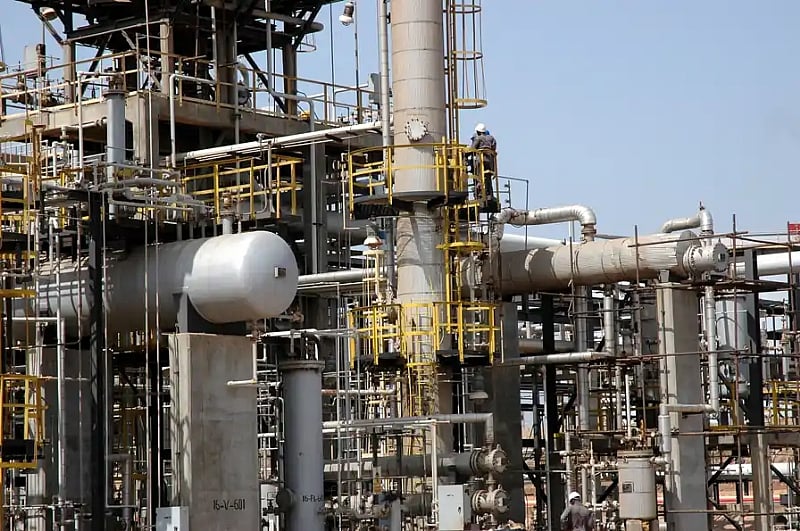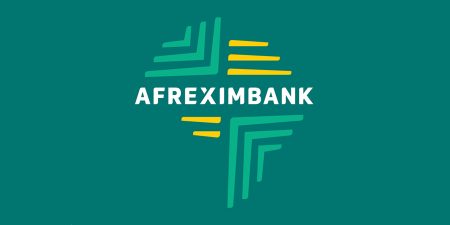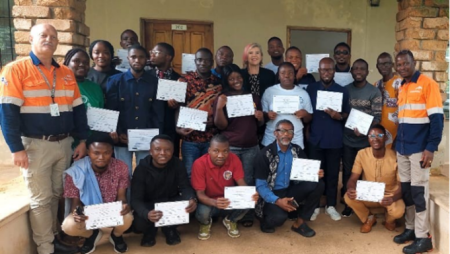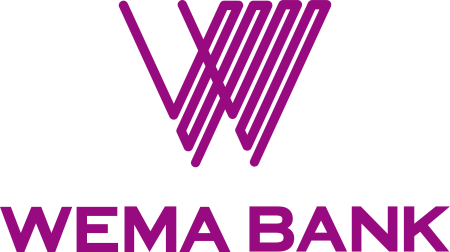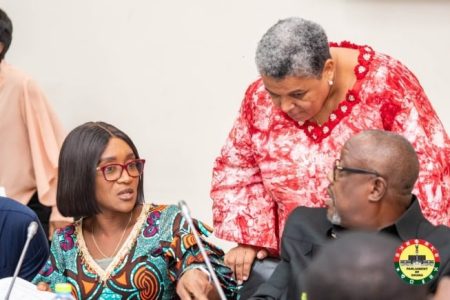The Tema Oil Refinery (TOR), Ghana’s sole refinery, is on the cusp of a significant revival, slated for full operational capacity by October 2025. This revitalization holds the promise of drastically reducing Ghana’s dependence on imported refined petroleum products, a reliance that currently drains approximately $400 million from the national coffers every month. TOR officials believe that the refinery’s resumption will lead to substantial savings, potentially reducing the import bill by over 40%. This resurgence is not merely an economic imperative; it represents a strategic move to bolster Ghana’s energy security and regain control over a crucial sector of its economy. The refinery’s renewed operations are expected to inject much-needed dynamism into the local petroleum industry, creating jobs and stimulating economic growth.
TOR’s Acting Managing Director, Edmund Kombat, presenting before Parliament’s Energy Committee, outlined the refinery’s potential to significantly alter Ghana’s fuel import landscape. He highlighted the refinery’s upgraded capacity, now at 60,000 barrels per day, a substantial increase from its original 45,000 barrels per day capacity, thanks to recent infrastructural improvements, including the installation of a new furnace. Considering Ghana’s daily fuel consumption of approximately 100,000 barrels, TOR’s output could potentially satisfy up to 60% of the nation’s demand. This domestic production capacity would not only alleviate the financial burden of fuel imports but also insulate Ghana from the volatile global oil market, ensuring a more stable and predictable fuel supply.
Kombat emphatically refuted claims that the refinery’s 2021 shutdown was a consequence of operational inefficiencies. He clarified that the primary reason for the cessation of operations was a critical shortage of crude oil, not any inherent flaws in the refinery’s functionality. He underscored TOR’s profitability and refining capabilities, emphasizing the numerous turnaround maintenance works undertaken to ensure the facility’s optimal performance. This clarification aims to dispel any misconceptions about the refinery’s viability and to reinforce the narrative of its strategic importance to Ghana’s energy independence. The current focus is on securing a reliable supply of crude oil to sustain operations once the refinery restarts.
To ensure a seamless return to full capacity, TOR has established a dedicated Turnaround Maintenance Committee. This committee, comprising key personnel including the General Manager of Maintenance and overseen by the Deputy Managing Director, convenes weekly to meticulously monitor the progress of the restoration efforts. Their mandate includes identifying and resolving any potential bottlenecks that could hinder the refinery’s restart. This proactive approach demonstrates TOR’s commitment to ensuring a smooth and efficient transition back to full operational capacity. The committee’s diligent work is pivotal to achieving the ambitious yet achievable target of bringing the Crude Distillation Unit (CDU) back online by September or October 2025.
Beyond the immediate focus on the CDU, TOR’s roadmap extends to the reactivation of the Residue Fluid Catalytic Cracker (RFCC), projected for late 2025 or early 2026. This unit, considered TOR’s most profitable, plays a critical role in converting residual oil into high-value products such as Liquefied Petroleum Gas (LPG) and premium gasoline. While the CDU’s revival is prioritized, the RFCC’s reactivation will further enhance TOR’s contribution to meeting Ghana’s fuel demands and boosting its profitability. This two-phased approach allows for a structured and manageable revitalization process, ensuring each unit is brought online efficiently and effectively.
In addressing transparency and accountability, Kombat acknowledged the absence of audited financial statements since 2019. He assured the parliamentary committee that external auditors have been engaged to address this backlog and bring the refinery’s financial records up to date. The expectation is that the audited accounts for the past six years will be available by the following month, ready for submission to the State Interests and Governance Authority (SIGA) and for sharing with the parliamentary committee. This commitment to transparency aims to build trust and demonstrate responsible financial management as the refinery prepares for its relaunch. Kombat concluded his presentation by appealing for bipartisan parliamentary support, emphasizing that TOR is a national asset and its revival is crucial for Ghana’s energy future. This plea underscores the importance of collective effort and national unity in realizing the full potential of the Tema Oil Refinery.





